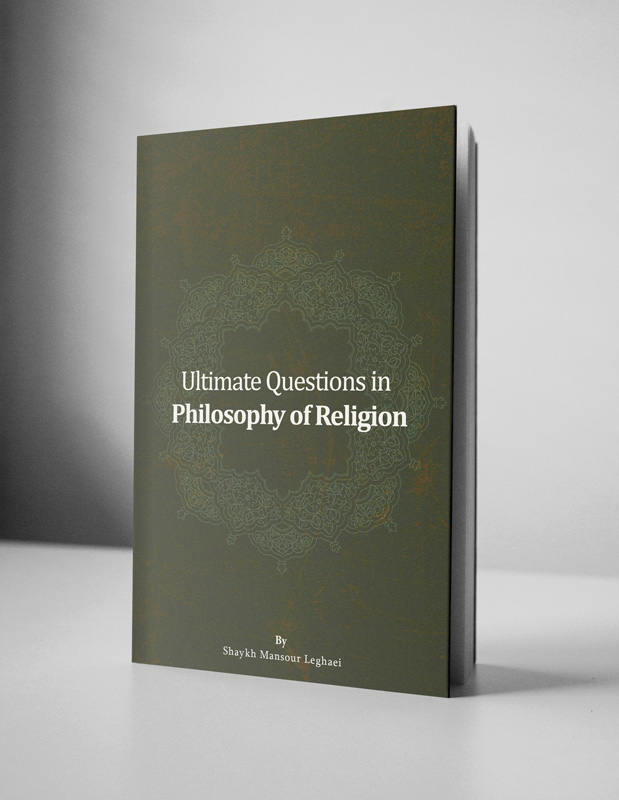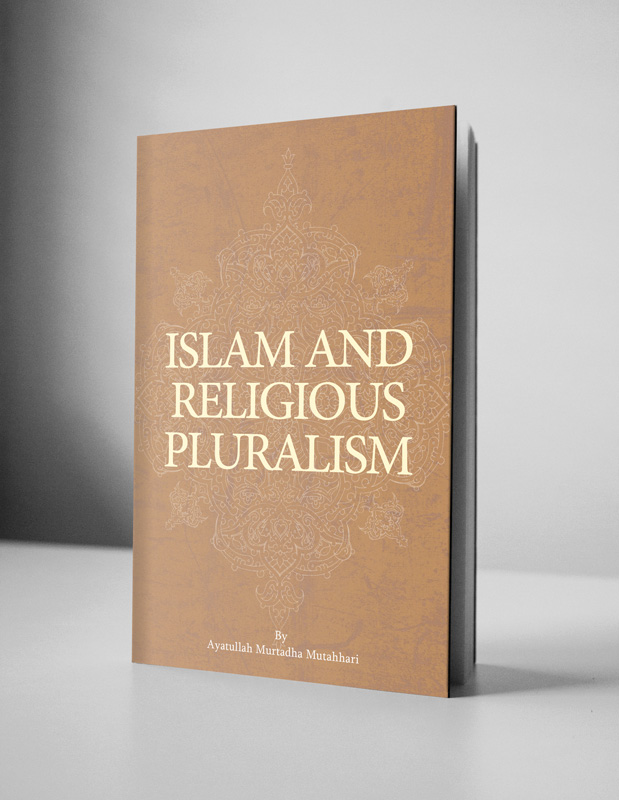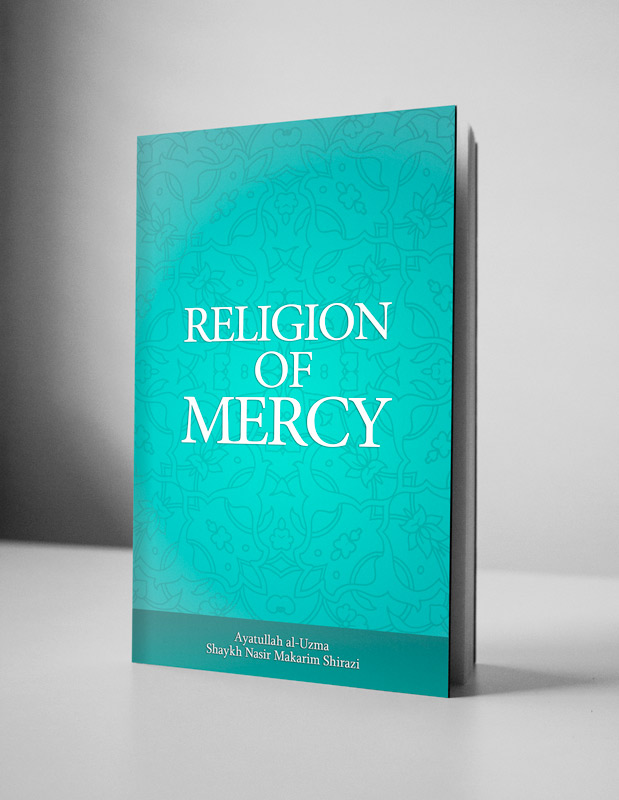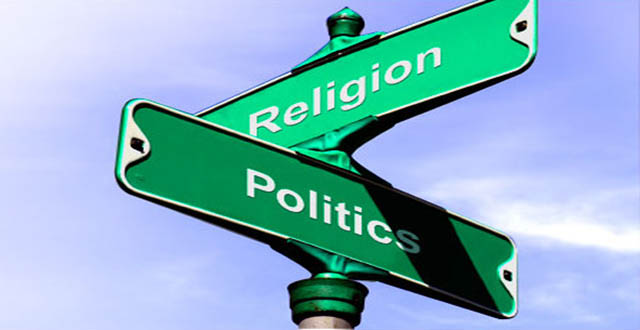Why did Allah send Different Prophets and Different Religions?
 The way of Allah is one, and because the final messenger, Prophet Muhammad (S), has come, there should be no dispute as to what is the right way to follow. However, throughout history, different messengers with slightly different messages were sent to different peoples because the religious needs of humanity were growing and developing just as the human race was itself growing and developing, and also because different civilizations needed different types of guidance. Nevertheless, the source and basic message behind them was the same – namely, Allah the Exalted and Glorious.
The way of Allah is one, and because the final messenger, Prophet Muhammad (S), has come, there should be no dispute as to what is the right way to follow. However, throughout history, different messengers with slightly different messages were sent to different peoples because the religious needs of humanity were growing and developing just as the human race was itself growing and developing, and also because different civilizations needed different types of guidance. Nevertheless, the source and basic message behind them was the same – namely, Allah the Exalted and Glorious.
Allah sent Moses (peace be upon him) with the Torah as a light and guidance for the Children of Israel (the Jews) along with many other prophets such as David, Solomon, and so on (peace be upon them). 1,500 years after Moses, Allah sent Jesus (peace be upon him), the son of Mary (peace be upon her), confirming the Torah and bringing the Gospel which has also been likened to guidance and light. Finally, 600 years after Jesus (peace be upon him), Allah sent Prophet Muhammad (S) with the Qur’an to confirm all the messages before him and to complete the revelation of religion to mankind.
Since all the Judeo-Christian-Islamic prophets were sent sequentially, the question arises as to why Judaism, Christianity, and Islam now exist as separate religions. The answer is that the followers of these religions, particularly Judaism and Christianity, corrupted the original teachings given to them and ended up making sects of their own rather than following the pure word of God. But as the Qur’an says:
For each of you, We have made a Law and a clear way. If Allah had willed, He would have made you one nation but that He may test you in what He has given you. So strive as a race in good deeds. Your return is to Allah; then He will inform you about that which you used to differ. (5:48)




